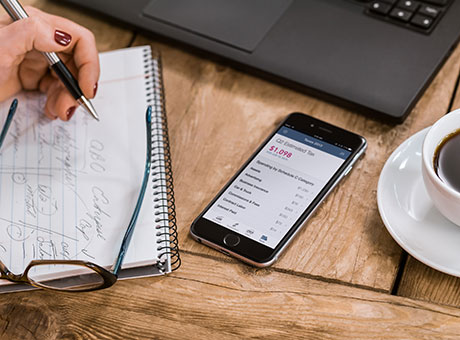A capital lease is a fixed-term agreement, similar to a loan. In a capital lease agreement, if you are the lessee, or the person taking out the lease, you get to use the asset as if you own it. And you pay all other costs associated with the asset, such as insurance, maintenance and taxes. The lessor, the person giving you the lease, finances the asset you lease. When this occurs, you record the asset as property on your general accounting ledger.

What Is a Capital Lease?
Why Take Out a Capital Lease?
You might want to lease equipment, machinery, real estate, or other property rather than buy it. Leasing gives you more flexibility in meeting your business requirements, letting you add or eliminate equipment or move to a larger building if you need it. Rapid changes in technology make it practical to lease rather than purchase certain items, which can help keep your business in the forefront of your industry. As a lessee in a capital lease agreement, you’re also able to deduct your depreciation and interest expenses, reducing your tax liability. If you’re considering a capital lease agreement, here are some other things you should know:
What Are the Four Capital Lease Criteria?
For a lease to qualify as a capital lease, it must meet any one of these four criteria:
- The lessor must transfer ownership of the asset to you by the end of the lease period.
- You have the option of buying the asset from the lessor at a below-market price at the end of the lease.
- You cannot cancel the lease, and the lease term is at least 75% as long as the asset’s useful life.
- The asset’s fair value is 90% or more of the total present value of the lease payments over the lease term.
Capital Leases vs. Operating Leases
Capital leases differ from operating leases. If you’re a lessee, these differences apply in how you treat the asset and payments.
- With capital leases, you record the asset on the balance sheet and record related operating expenses to your expense sheet.
- With operating leases, you only record each lease payment as an operating expense, and you don’t include the asset on the balance sheet.
You don’t record operating leases on the balance sheet because they are typically shorter-term arrangements and you don’t have the option to acquire the property at the end of the lease. Which type of lease is right for your business depends on the terms of the lease and your individual needs, but keep in mind that there are both pros and cons for each. The option to own the asset may make a capital lease feel like a wise investment, but it can also come with added costs, such as having to provide your insurance. On the other hand, an operating lease can be cheaper to operate, but you may not get as many tax breaks from expenses because of it and you have to turn over the equipment at the end of the lease.
Whether you’re a lessor or a lessee, consulting a good tax accountant before signing an agreement for a capital lease is a wise move. Whichever lease type you choose, it’s important to record and track your expenses. 4.3 million customers use QuickBooks. Join them today to help your business thrive for free.